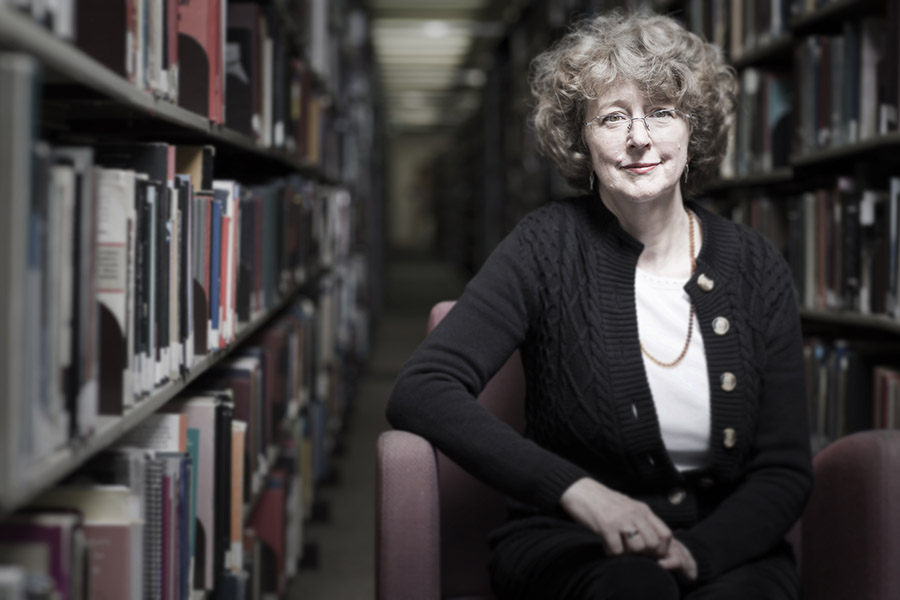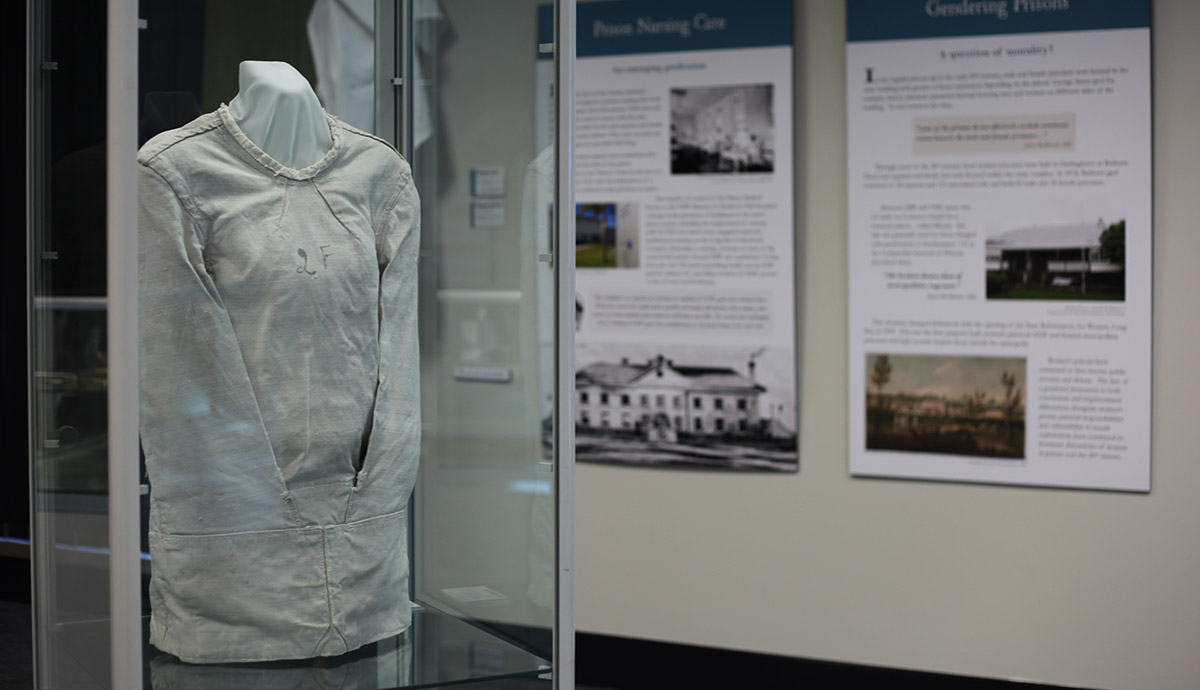July 25, 2017
Caring for the Incarcerated: An exhibition
Exploring 200 years of history within NSW’s prison medical service
From 1788, medicine has played an important role in New South Wales prisons. As ship surgeons on the convict transports and as government officials in the blossoming colonial government, medical practitioners played key roles in early NSW history.
In succeeding years, as the colony became a state in the Australian federation, the prison medical service continued to influence, and be influenced by, national and international movements in medicine and penology. To date, however, little research has been done to understand the relationship between health care delivery and public policy, and the health outcome for prisoners while incarcerated.
Researchers supported by the University of Wollongong (UOW) interdisciplinary research program, Global Challenges, have been investigating the historical drivers for change in the delivery of health care for those in prison. The team brings together experts from public health, medicine, creative writing, history and criminology among other disciplines.
In collaboration with Justice Health and Forensic Mental Health Network, the project has developed a public exhibition, Caring for the Incarcerated. The exhibition will be officially launched at 6pm on Wednesday 26 July.
The exhibition examines key moments from the last 200 years of NSW prison medical service. It seeks to address the longstanding questions around the prevalence of and responses to illness in prisons and invites us to take a journey into this often hidden history.
Dr Stephen Hampton, Executive Medical Director of the Justice Health and Forensic Mental Health Network, says prisons will always contain some of the most disadvantaged people in a society.
“This exhibition is a great opportunity to reflect on the history of the provision of health care to people in custody in NSW, with the objective of identifying factors which have influenced that provision. With this new understanding of what’s gone before, it opens up a means to build strategies for improving the health and wellbeing of this disadvantaged group of individuals,” he said.
Associate Professor Louella McCarthy from UOW’s Faculty of Science, Medicine and Health (SMAH) says the research behind the exhibition aims to unveil how historical forces come into play in today’s delivery of health care within the prison system.
“We have been able to get a better appreciation of medical and health policy history which we hope will help inform current practice and future needs. The impact of this research will have a direct result on the inmates themselves, along with their families and the community upon release,” Professor McCarthy said.
Key findings from the research will help health service planners implement a sustainable and appropriate model of health care for people in custody.
Caring for the Incarcerated will be officially launched at 6pm on Wednesday 26 July. Professor Alison Jones, UOW Pro-Vice Chancellor (Health Strategy) and Executive Dean of SMAH, will deliver the keynote address. Curators Professor McCarthy and Dr Kath Weston will speak about their findings, and Dr Hampton will also present a talk.
The exhibition is open to the public and runs from 17 July to 10 September in the Panizzi Room, UOW Library. It will then be shown at prison museums around the country.

